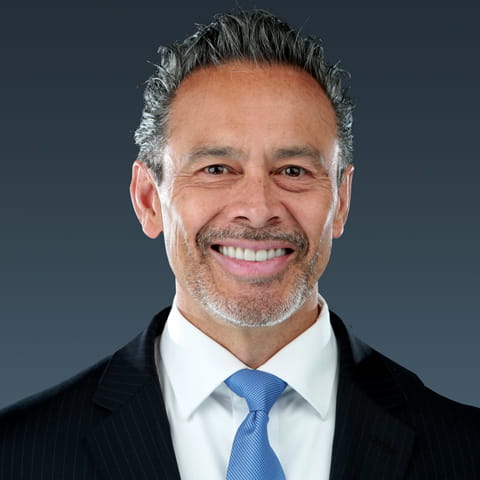Our solutions are tailored to each client’s specific needs, wherever you fit into today’s extensive infrastructure ecosystem.
Infrastructure’s Growth
56k+
projects funded
$2T
in federal funds dedicated to modernizing infrastructure
$50B
in federal funds managed by CohnReznick
TAILORED INSIGHT COLLECTIONS
Infrastructure insights based on your needs
Inflation Reduction Act
Explore insights for Inflation Reduction Act opportunities: tax credits, transferability, prevailing wage, and more.
Greenhouse Gas Reduction Fund
Prepare to maximize the impact of “once in a generation” Greenhouse Gas Reduction Fund investment.
IIJA & More
Strengthen your infrastructure plans with program/project management best practices, strategies against fraud, and other key topics.
Close
Contact
Let’s start a conversation about your company’s strategic goals and vision for the future.
Please fill all required fields*
Please verify your information and check to see if all require fields have been filled in.

Breaking Ground
What makes a strong, smooth infrastructure program? We’ve gathered perspectives from those “in the trenches.”

Clean energy in the IRA era
Learn how investors, developers, and credit buyers can use tax incentives to ramp up their clean energy activities.
Frequently Asked Questions (FAQ)
-
In CohnReznick’s experience, the key to long-term success is effective planning over the lifecycle of the program. While speed to market of infrastructure projects is important, that is only one factor in maximizing program impact. We embrace a program design and planning process that focuses on maximizing returns and mitigating risks over the entire program. Start with developing a deep understanding of the compliance environment and your ability to operate within that environment, fund projects that create maximum risk-adjusted impact while meeting program goals, and identify the resources and capabilities needed to successfully manage the program from funding through operations and maintenance. Our Breaking Ground Infrastructure Report provides details on this approach.
-
While there are many approaches to addressing this issue, alternative project delivery is one strategy that is being employed more often. When considering this approach, we suggest starting by evaluating the potential revenue streams that can be driven by the infrastructure asset. The greater number and scale of potential revenue streams, the greater the value of the asset and the stronger the capital investment from potential third parties. Next, identify project risks that your organization is less well-equipped to manage. Alternative delivery provides an opportunity for project owners to assign risks to developers/operators. Reach out to our Project Finance team to discuss alternative fundraising approaches such as tax credit financing or for a consultation to help determine if alternative delivery is a strategy you should consider.
-
Start by viewing compliance as an investment. Effective compliance efforts help drive transparency and accountability, mitigate program risks, maintain eligibility, and support the efficient use of funds to achieve program objectives. The keys to effective compliance management programs include a strong governance framework, robust internal controls, open lines of communication, and clear processes and documentation for monitoring and reporting. Evaluate the ability and experience of your team in implementing these processes and systems. Invest to acquire missing capabilities by hiring or outsourcing. Next, since compliance management often requires repetitive data capture and analysis, evaluate your technology systems’ ability to help automate processes while simultaneously identifying risks and supporting critical analysis. The last few years have brought tremendous advancements in automation, machine learning, and AI. Utilize these tools to stay abreast of the compliance challenge.
-
CohnReznick has found that conquering the data challenge starts with having a strong understanding of the compliance, performance, and reporting requirements of the program. Next, understand who needs access to what data points and at what point in time to address those requirements. Configure your systems to help you track and report this data to the right people at the right time. But before you build processes to help the team manage against that data, take the additional steps to configure systems to validate data while establishing effective data governance techniques.
-
One suggestion is to examine your processes to identify manual and repetitive tasks. You will typically find that you have a huge volume of staff hours tied up in these activities. Each of these points is an opportunity to automate and employ technologies that not only reduce workload, but simultaneously provide greater insight into program compliance and performance and shorten training and onboarding time. Areas of opportunity often include scheduling, compliance testing and monitoring, resource allocation, document entry, and dozens of other activities.


